World class by nature: Further Education and climate change action

The 12 October 2022 marked the start of Global Climate Change Week 2022 – a climate action event for the global academic community. Whilst higher education may lead the research and academic debate around climate change, the regional partnerships that will drive positive change on climate issues – and the education that will support generational change – will be fostered in partnership with further education.
In fact, further education is already central to many such partnerships that are bringing education and industry closer together to achieve positive outcomes; the National Colleges for Nuclear in the North and South West of England, Lincoln College’s work to train the next generation of electric vehicle technicians and – as I am going to explore here – Petroc’s collaboration with the North Devon UNESCO Biosphere Reserve.
The North Devon Biosphere Reserve
In 2002 around 1500mi2 of North Devon (30% of the county) was granted ‘biosphere’ designation by UNESCO because of its unique ecosystem. UNESCO maintains a worldwide network of over 700 biosphere reserves that, together, cover 5% of the earth’s surface and exist to “promote solutions reconciling the conservation of biodiversity with its sustainable use” (UNESCO, 2022. ‘UNESCO Biosphere Reserves’).
Biosphere Reserves can therefore be considered as ’living laboratories’ for sustainable living and development, for testing and demonstrating integrated management of biodiversity, water and land. The premise being that learning is shared locally, nationally and globally, creating a systems-led approach that supports individuals to develop the knowledge, skills and behaviours to be global citizens, acting locally but thinking globally.
Education as an enabler
Education is a great enabler in the creation of global citizens; it is considered vital for re-writing the future and making it more accessible and equitable. It has the potential to improve lives and economic mobility and is the single biggest force for change in the world. Reviewing the United Nation Sustainable Development Goals (SDGs), this can be understood as we cannot hope to achieve Decent Work and Economic Growth (SDG 8), if we don’t also address Climate Action (SDG 13) and Good Health and Wellbeing (SDG 3), and ensure that a quality education is accessible to all learners. Making learning opportunities inclusive is vital, but so is the agency of individuals, businesses and communities to prioritise the sustainability agenda if we are to achieve our goals.
“Globally 88% of individuals believe people will need to take responsibility for their own learning or upskilling for their job.”
Pearson Global Learner Survey, August 2020
‘’In the end, we will conserve only what we love; we will love only what we understand, and we will understand only what we are taught.’’
Baba Dioum
The importance of partnership working
The North Devon Biosphere partnership includes local authorities, chambers of commerce, statutory bodies such as the environment agency, government, charities and academic institutions, including Petroc, which is part of the South West Institute of Technology. They work in collaboration with the South West Business Council (SWBC), Federation of Small Businesses (FSB) and Local Economic Partnerships (LEPs), who offer services to connect the South West with other regions across the UK and internationally, shrinking geographies, and opening up opportunities to elevate the region on a global stage.
The breadth of the North Devon Biosphere partnership makes it regionallypowerful and able to attract both funding and collaborators to take its work forward. For example, in January 2022 the partnership was granted £1.37m from the UK’s Government’s Community Renewal Fund – the sixth largest award nationally – to promote innovation and sustainable investment in the area.
The programme has two linked elements: the Green Biosphere, focused on woodland, regenerative agriculture and agritech; and the Blue Biosphere, focused on offshore wind, aquaculture, marine biodiversity and ‘blue carbon’. (North Devon UNESCO Biosphere News)
UNESCO’s international biosphere network gives ideas and innovations developed in North Devon international potential:
“One of the functions of this UNESCO designation is generating and transferring knowledge, and it’s to be a world-class example to the rest of the world.”
Andy Bell, Chief Executive, North Devon Biosphere
Biospheres are an excellent example of how United Nation’s 17th Sustainable Development Goal – Partnerships for the Goals – can be achieved, and can support achievement of others, in this case Quality Education (Goal 4), Climate Action (13), Life Below Water (14) and Life on Land (15).
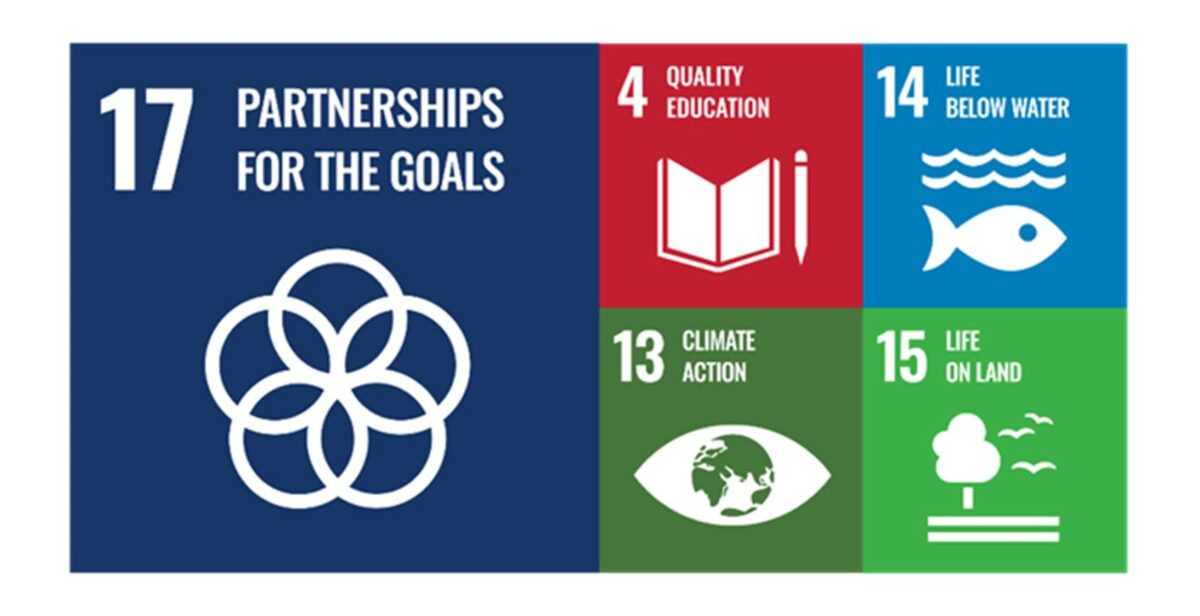
The importance of big data
One area in which the partnership is leading innovation is in the use of big data and its influence in terms of agritech, land and environmental management, sustainable food production and tourism; all essential for securitisation and a sustainable economy. Data provides business intelligence, allows us to identify factors and causes, patterns and trends, and enables us to be predictive in terms of forecasting and probabilities so that we can optimise systems.
The Biosphere Reserve is the perfect resource for teachers providing a real working environment. A digital twin of the biosphere has been created allowing data capture that informs learning, business decisions and life. Data enables us to understand social context and meaning and technology is shaping regional partnership working.
As Donna Lyndsey, Head of Innovation at Ordnance Survey, explains:
“We could not run our lives without big data: it’s fundamental to how industry works and how our lives work. Agritech is a prime example of where big data is becoming mission critical: a lot of the analytics people do in terms of soil sampling, the internet of things, the sensors that are on the ground or on animals needs big data analytics. That then gets combined with analytics from weather stations and satellites and is really useful for agritech industries so that they can do precision farming and control their kit and robotics through GPS.
“Weather makes a huge difference to farming: knowing when there’s likely to be rainfall or not, what kind of crops will thrive in a particular environment – the data that’s behind farming is critical and how to use that will set the UK apart.
“The technologies that we see today are rapidly advancing. Robotics are coming online to do the work that used to be done by people in fields; local farmers’ knowledge is now being collected by technology on the ground or in the sky. Keeping abreast of all of these technologies is really significant particularly for the agricultural industry: predictive analytics to assess when crops are optimum for harvesting is really important for commodity trading; there’s a big fertiliser crisis so we need to ensure we’re not putting too much on the ground or in the wrong places: that can all be done spatially through data analytics. It’s really important that people teaching in these areas keep abreast of all of those capabilities, not just understanding the technical aspects but understanding what it all means.”
Education’s role in the partnership
Petroc is the Further Education College that lies within the core of the UNESCO designated Biosphere Reserve. When I spoke to Petroc CEO and Principal Sean Mackney – as part of the same set of interviews a year ahead of the first delivery of the T Level in Agriculture, Environment and Animal Care as part of the T Level Professional Development we deliver – he also emphasised the power of working in partnership: “At Petroc we have links with the UNESCO Biosphere, which is very keen on how you develop a digital solution to issues of sustainability and tackling the climate emergency. With our partners in the biosphere we have looked at what skills people are going to have to have, so in addition to our Level 3 qualifications, we’re introducing new qualifications at Levels 4 and 5 in Sustainable Tourism and Sustainable Environmental Management that will help us both address the climate crisis, and take advantage of the economic opportunities that there will be within the green economy.”
Crucially, the innovations from this have channels which will support businesses to ‘plug’ their current skills gaps, and to develop new and emerging skills to respond to the ever-changing landscape.
Advances in technology continue to shape working practices, learning and life. As South West Business Council CEO Paul Coles explains, “The number one challenge for business is skills, and data science skills in particular are going to be critical”.
Andy Bell, Director of the North Devon UNESCO Biosphere Reserve, stresses the importance of building an understanding of the importance of sustainability and its impact:
“It’s really important that the organisations, businesses, visitors, and residents that we work with here in the Biosphere Reserve really have that sustainability message ingrained into them. It’s not about taking a ‘doctoral’ approach to them or being overhanded with it. It’s really so that people understand that they’re living that process of sustainability, and then what it means to actually improve life for them, for people around them, as well as the environment.”
He also emphasises the importance of continuing to provide high quality continuing professional development for ‘teachers’ across all education sectors so that sustainability is at the heart of the curriculum and embedded into teaching and training. He believes that, in this way, learners will develop the knowledge, skills and behaviours for work; and that we are not just preparing our learners for the world of work, but also for the work of the world.
It is clear that it isn’t just leaders who see the bigger picture; learners do too, as my interview with Plumpton College student Elizabeth Gower demonstrated conclusively. Elizabeth was very impressive. She exhibited an excellent understanding of why she had to develop her data science and analytical skills, working in partnership with teachers, tutors, employers and wider technical experts, and discussed articulately the use of robotic milkers, automated feeders and the importance of using this kind of technology for ethical, sustainable farming.
An opportunity to be seized
The opportunity to make the most of our natural capital and to share our learning, effective practices and approaches widely throughout the UK and internationally using established biosphere networks is there to be taken. The Biosphere partnership is committed to sustainable development and economic growth that helps communities to prosper. By bringing education and industry closer together, the partnership is working to address technical skills shortages that helps to create new economic opportunities, increasing business productivity whilst improving their environmental credentials and activities that support the UN Sustainable Development Goals.
The conditions are being created for people and nature to thrive together using pioneering approaches for a positive future to include the use of Big Data through the Digital Biosphere. To be world class by nature requires partnership working, and partnerships are required to achieve goals. The Further Education and Training sector has a vital part to play in making it all happen.



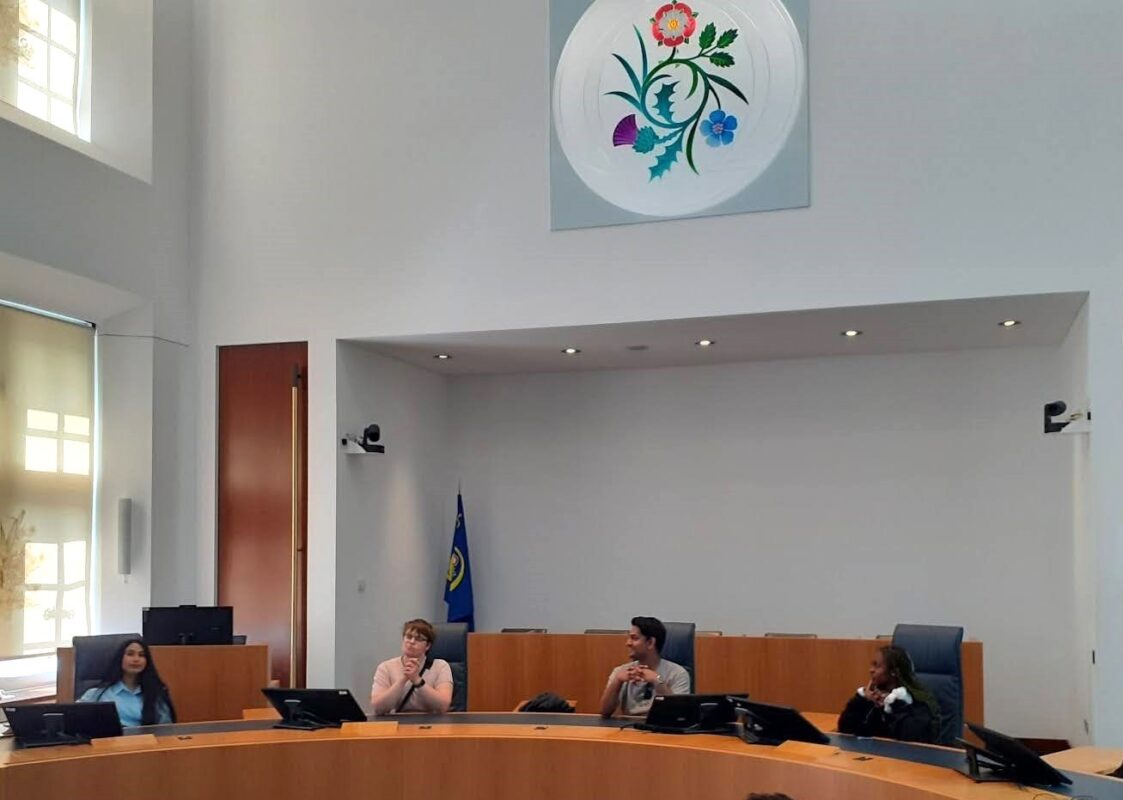

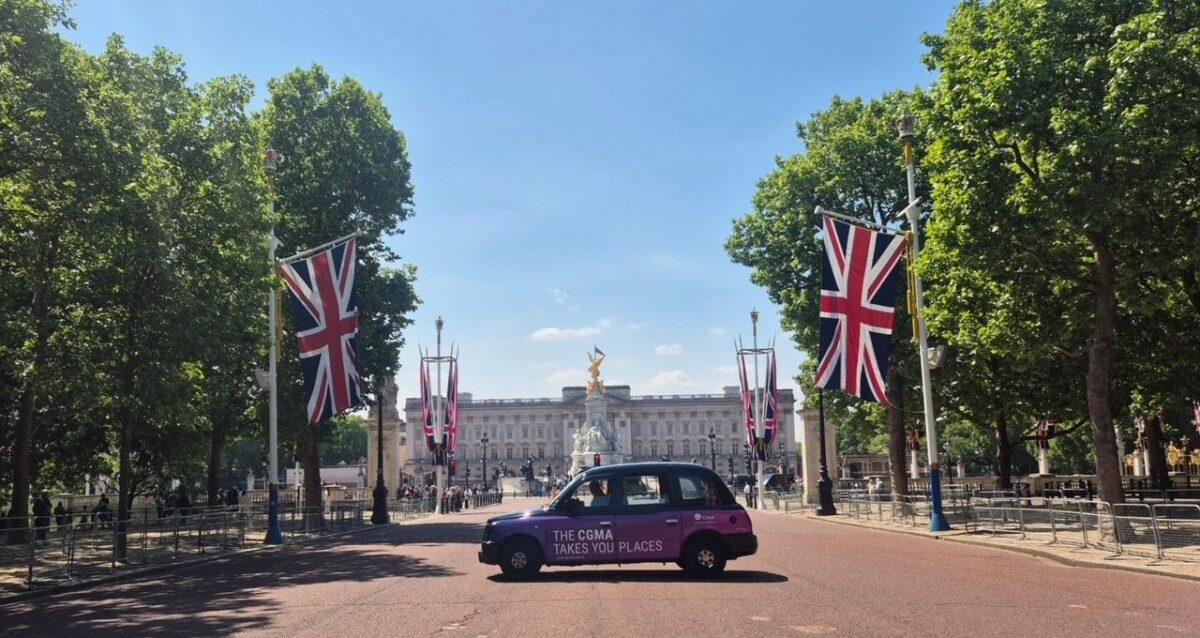
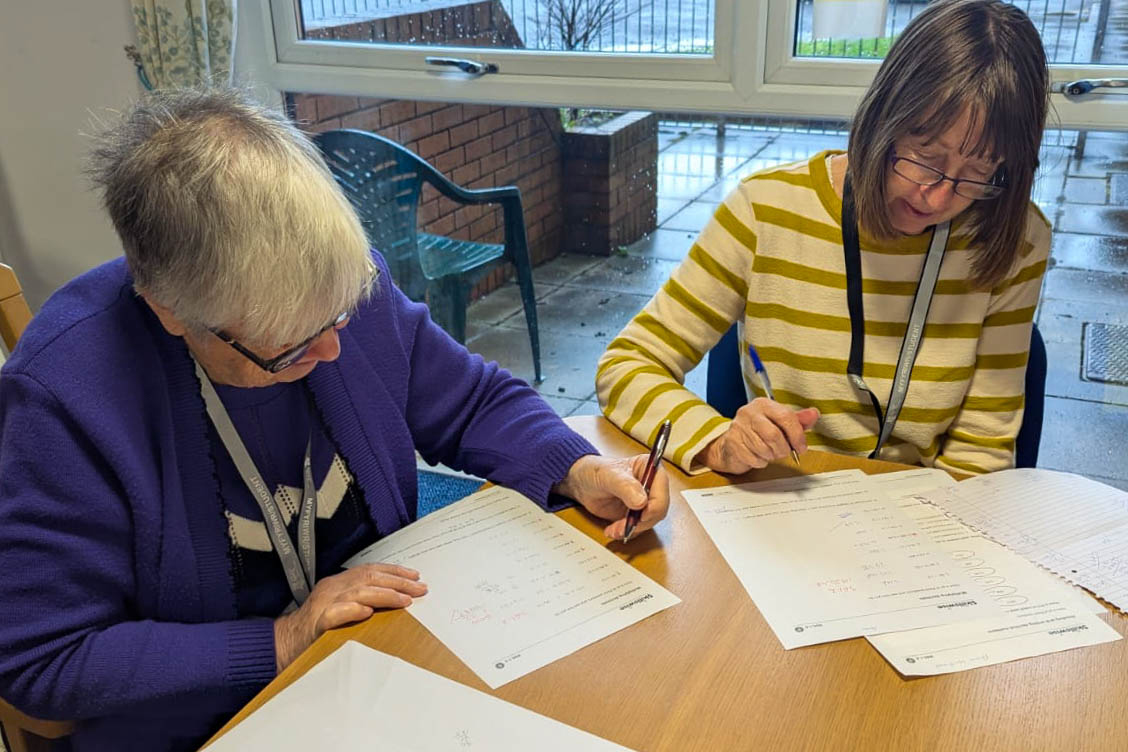


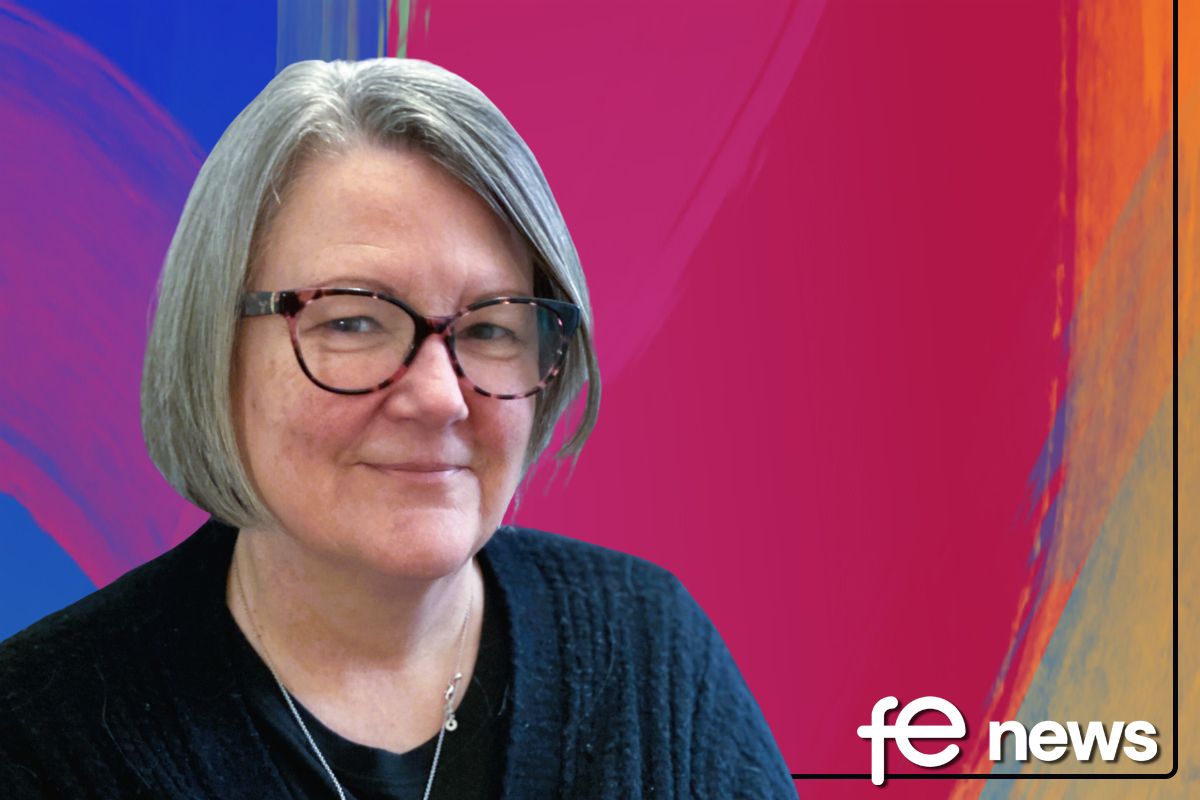
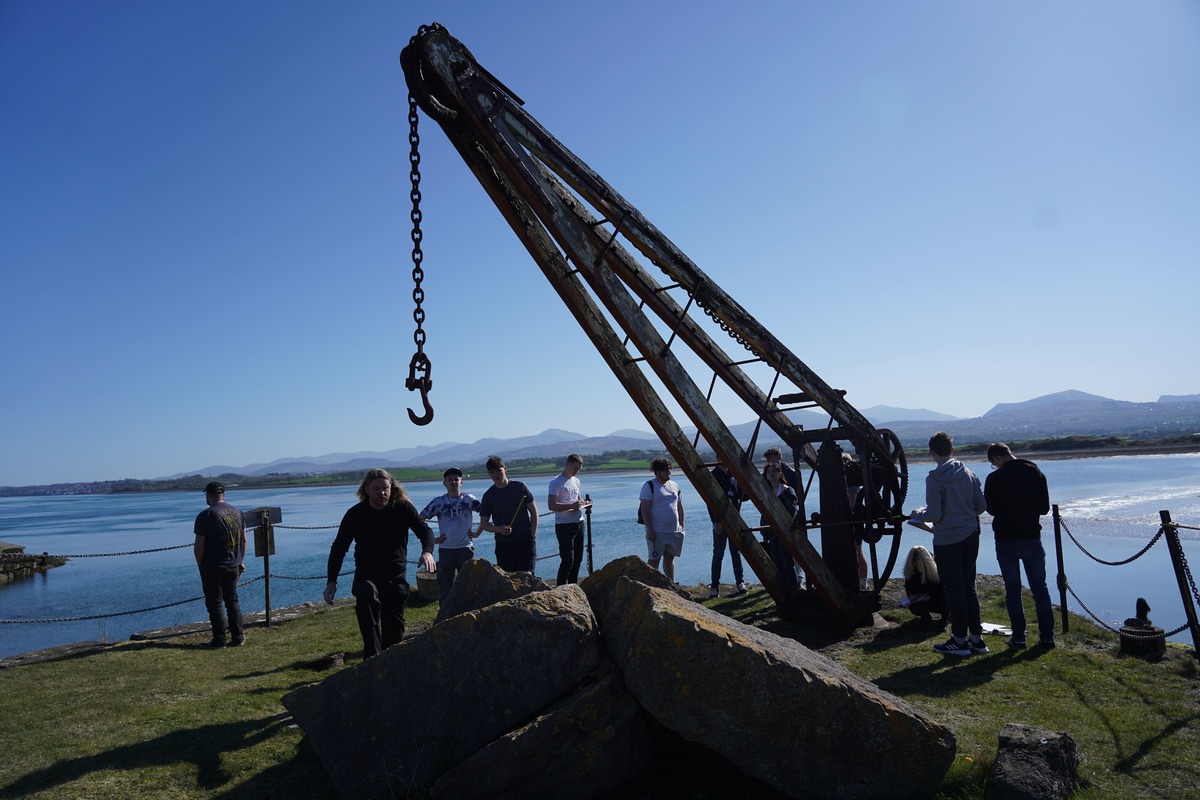

Responses